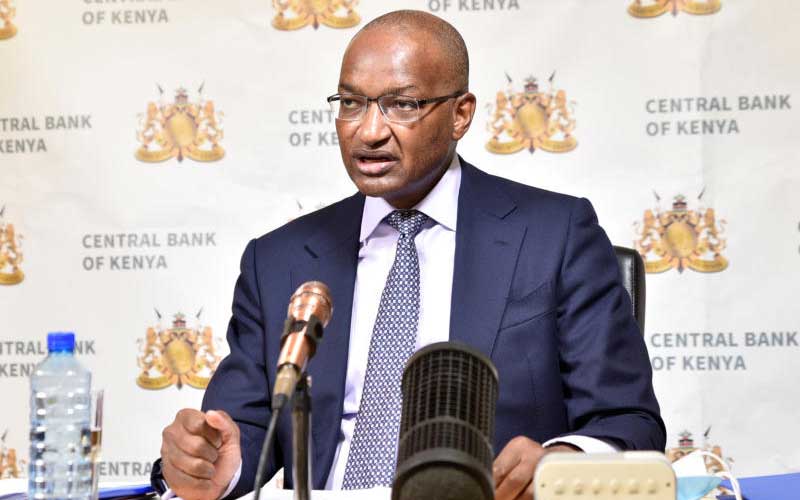×
The Standard e-Paper
Join Thousands Daily

Central Bank of Kenya Governor Patrick Njoroge at a past press briefing in Nairobi, April 30. [Elvis Ogina, Standard]
Central Bank of Kenya (CBK) Governor Patrick Njoroge has urged the government to urgently unveil the planned credit guarantee scheme to forestall the death of small businesses.